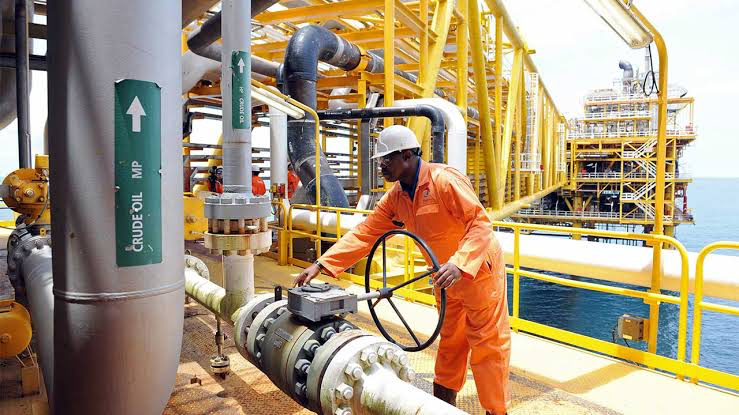Africa’s oil and gas industry is growing rapidly, with projections showing a 5.5% annual increase through 2027. However, despite this promising outlook, many projects face long delays from the initial planning stages to the start of production. Speeding up these timelines is essential for maximizing profits, staying competitive, and ensuring that energy resources are available to meet the continent’s rising demand. The Invest in African Energy (IAE) Forum, scheduled for May 13-14, 2025, in Paris, aims to tackle these challenges by bringing together African energy leaders, regulators, and private companies to explore solutions.
Here are five strategies that could help accelerate project timelines in Africa’s oil and gas sector:
1. Leveraging Local Talent and Resources
One major issue in Africa’s oil and gas sector is the heavy reliance on foreign expertise. This dependence often causes delays due to logistical challenges and the time it takes to secure work permits for expatriates. By investing in local talent and using local resources, companies can cut down on these delays and strengthen the economies of the countries where they operate.
For example, the East African Crude Oil Pipeline (EACOP) project has partnered with Makerere University in Uganda to train local graduates and technicians, giving them the skills needed to contribute to the project. Nigeria has also focused on building local expertise through its Nigerian Content Development and Monitoring Board, which supports STEM education and infrastructure projects. These efforts not only speed up project timelines but also create jobs and build long-term capacity within the host countries.
2. Streamlining Regulatory Processes
Regulatory approvals are often a significant bottleneck in project timelines. Complex and slow-moving approval processes can delay projects for months or even years. To combat this, governments can streamline these processes by eliminating unnecessary bureaucratic hurdles, setting clear timelines for approvals, and adopting digital platforms for faster communication between regulators and companies.
Some African countries are already making strides in this area. Equatorial Guinea has established a one-stop shop that allows businesses to get up and running in just one week. Similarly, South Africa’s “InvestSA” platform helps fast-track projects by reducing government red tape. Angola has also implemented a one-stop shop for local content compliance in the oil and gas industry, improving transparency and speeding up policy implementation.
3. Enhancing Public-Private Partnerships
Public-private partnerships (PPPs) can be a powerful tool for accelerating project timelines. By sharing risks, resources, and expertise, PPPs can help move projects forward more quickly and efficiently. Governments can encourage these partnerships by offering incentives such as tax breaks, reduced royalties, or faster approvals for projects with significant private sector involvement.
These partnerships are especially effective in infrastructure development, where private companies can bring advanced technology and expertise to the table. By working together, public and private entities can overcome challenges more effectively and ensure that projects stay on track.
4. Investing in Infrastructure and Technology
Infrastructure challenges, such as poor transportation networks and unreliable power supply, are common causes of delays in Africa’s oil and gas projects. Investing in necessary infrastructure can remove these barriers and speed up project timelines. This investment can be made either independently or through partnerships with local governments.
In addition to infrastructure, adopting the latest technology can also significantly reduce the time needed for various project phases. Tools like 3D seismic imaging, automated drilling systems, and digital twins can improve accuracy, reduce errors, and streamline operations, leading to faster completion of projects.
5. Ensuring Financial Readiness
Financial delays are another major risk to project timelines, particularly in the capital-intensive oil and gas industry. To avoid these delays, companies need to secure funding before launching large-scale projects. This can include traditional bank loans, as well as alternative funding sources like sovereign wealth funds, development finance institutions, and bond markets.
For instance, in June 2024, Australia’s Invictus Energy successfully raised $10 million for its Cabora Bassa oil and gas project in Zimbabwe through a combination of local private equity and the country’s sovereign wealth fund. Having a strong financial plan, including contingency funds, can help keep projects moving forward even when unexpected financial challenges arise.
Conclusion
The IAE 2025 Forum in Paris will provide a crucial platform for African energy leaders, investors, and policymakers to discuss these strategies and others. By leveraging local talent, streamlining regulations, enhancing public-private partnerships, investing in infrastructure and technology, and ensuring financial preparedness, Africa’s oil and gas industry can overcome delays and unlock its full potential. These efforts are not just about speeding up timelines—they’re about building a more resilient and competitive energy sector for the continent’s future.
Source: ESI Africa



